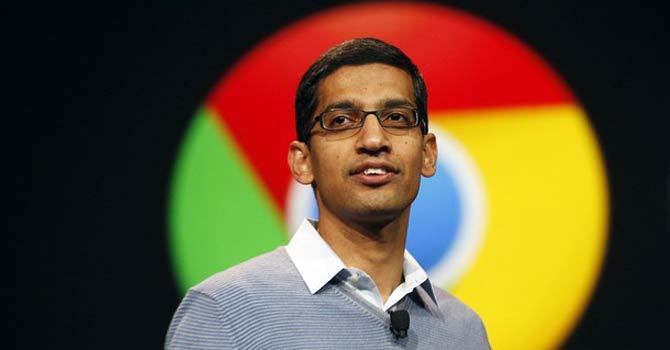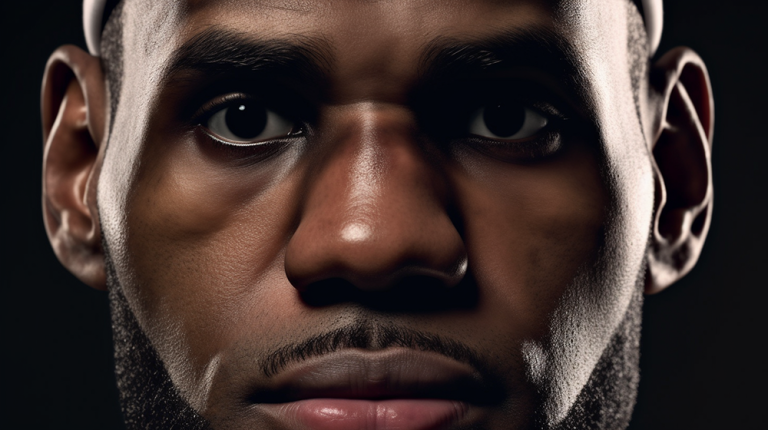What is the main problem with wearables right now? They seem to be a mess and are not parallel with each other. There is nothing holding them together as a category, as they all have different systems and work in different ways.
Take smartphones as an example. Even if they have different operating systems, you can move from one phone to another without too much trouble. Just transfer your data, download the apps again and you can get going. Same applies to computers. These devices operate differently, but they are under the same blanket. They work in a parallel manner.
This does not apply to wearables right now… at all. All wearables use different apps and technologies, making it a bit of a mess. Google aims to fix this with an upcoming SDK for wearable developers, though. In short, Google will standardize Android wearables.
Google’s Senior Vice President of Android and Chrome, Sundar Pichai, was at SXSW today, where he mentioned said SDK would be released in 2 weeks. It will make it easier for developers to make wearable devices that run Android, while keeping a sense of uniformity among these.
“We’ll lay out a vision for developers as to how we’ll see this market working.” Sundar Pichai
Why does this matter for Chrome/Chrome OS?
This topic is not exactly related to Chrome, and we usually don’t post such content, but we believe this is important for all Google fans. Wearables are important for the future of technology, and many of these devices will have deep integration with Google’s services (including Chrome).
These devices might even (at least indirectly) work with our Chromebooks at some point. We have been seeing Google Now coming to Chrome, which would be a big feature to see in smartwatches, for example.
Regardless, I am excited to see what Google has for us. The wearable tech market has had a hard time taking off. I have tested multiple wearables and have to say I am far from satisfied. Let’s hope Google’s wearable SDK changes this.
[via The Verge]











